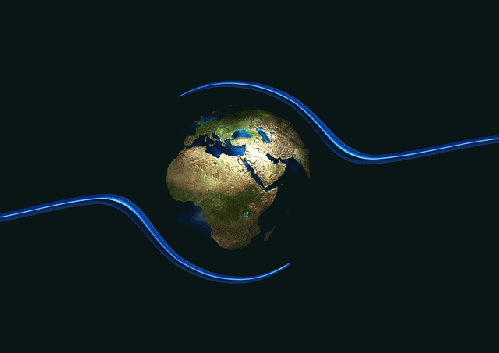| Back OpEd News | |||||||
|
Original Content at https://www.opednews.com/articles/Christophe-Mazurier-reflec-by-Tristan-Vianon-Climate-Gap-150118-128.html (Note: You can view every article as one long page if you sign up as an Advocate Member, or higher). |
|||||||
January 18, 2015
Christophe Mazurier reflects on 2014, an encouraging year for climate change activism
By Tristan Vianon
From his offices among the European financial elite and his home in the Bahamas, Mazurier has a foot in both worlds, and has advocated for intervention from the developed nations of Western Europe and the United States in those most in danger of the effects of a changing climate, such as the Bahamas and its Caribbean island neighbors...
::::::::
World-renowned financier and climate activist Christophe Mazurier has long prioritized the climate-change fight. From his offices among the European financial elite and his home in the Bahamas, Mazurier has a foot in both worlds, and has advocated for intervention from the developed nations of western Europe and the United States in those most in danger of the effects of a changing climate, such as the Bahamas and its Caribbean island neighbors.Throughout 2014, Mazurier ramped up his climate-fight efforts and in so doing followed the sector closely. In many ways, Mazurier believed 2014 was a watershed year in the field of climate activism, and all the global efforts culminated just before the year turned.
On Dec. 14 in Peru, after nearly two days of negotiations, the Lima Accord was signed. With signatures from high-ranking representatives from every country in the world, the accord represented the first time the entire world agreed to reduce fossil-fuel emissions and thereby push back against a warming climate. The accord is more symbolic than anything, with leaders of the deal relying on peer pressure to get the countries to follow up on the agreement and implement individual emissions regulations in the next few months. Though there is no legally required amount of cuts, officials are hoping that nations will see the Lima Accord as an opportunity to take an aggressive stance on an issue that will affect the entire globe.
For Mazurier, the deal was just the latest in which global-scale symbolism and peer pressure played a bigger role than sanctions and legality in advancing the debate on climate change.
Prior to that, climate change stepped front and center at the G20 summit in Brisbane, Australia, in November. Despite the host nation's attempt to ignore the issue altogether, influential global leaders from the United States, China and Mazurier's birth nation of France refused to leave the event without the world's economic superpowers acknowledging the warming climate and agreeing to enact change once they returned home. The hotly debated language included in the final G20 communique was, like the Lima Accord, nonbinding but came with an air of pressure and threat or reproach should future legislation not be drafted in these nations.
Both the G20 summit and the Lima Accord resulted from the momentum of the United Nations' Climate Week and the subsequent agreement from countries that together constitute 50% of the world's emissions -- led by the European Union and including the United States and China -- on a series of serious reductions in emissions over the next several years. The summit in New York was even more powerful for everyday citizens, with some of the most influential political and financial leaders from around the world held forth on the dangers of standing idle.
While it received less notoriety than these previous events, the United Nations Conference of Small Island Developing States (SIDS) in early September was also crucial. Many of the federation's members stand on the front lines of climate change -- including Mazurier's adopted nation of the Bahamas, which ranks fifth among United Nations members most threatened by climate change. The conference represented a chance for Secretary-General Ban Ki-moon to see firsthand the clear danger of inaction, as well as to hone his rhetoric one last time prior to the major event in New York.
For Mazurier, all of these events lent global political legitimacy to the science that has existed for years. Thus while concrete evidence of the global fight may still remain scarce as we look back on 2014, Mazurier is proud to reflect on a year in which activists and officials used 2014 to set the wheels of change in motion.
Authors Bio:
Young writer
Im 27 yo, i work in a french company in netherlands.
I like to follow news on several topics such as economie, environment or sports.
